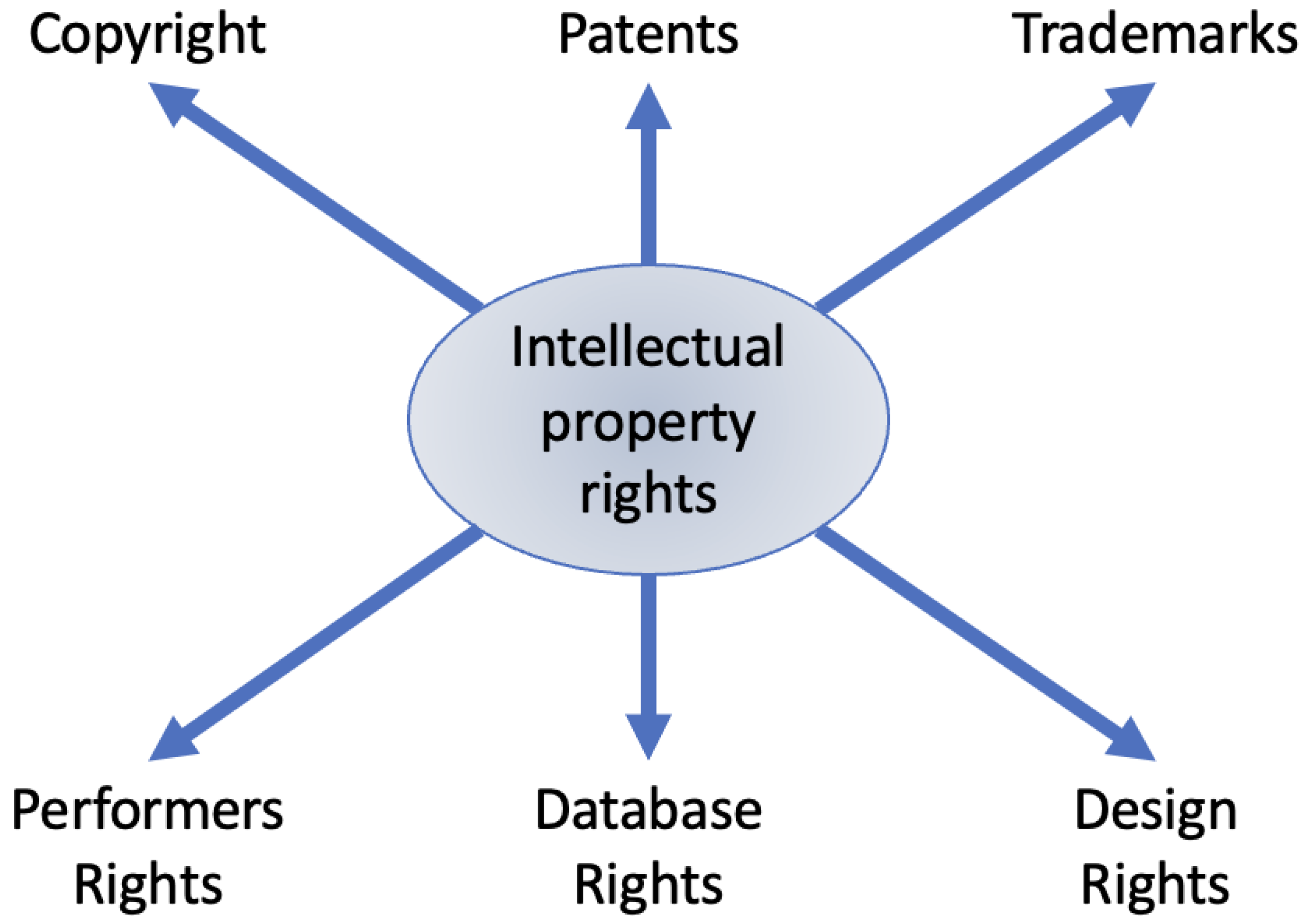Intellectual property (IP) rights are the cornerstone of innovation, protecting the creations of minds – inventions, designs, literary works, and more. In the dynamic world of international trade, however, IP concerns can arise, posing challenges for businesses venturing overseas. Here, we explore these concerns and strategies to address them:

Common IP Issues in International Trade:
- Counterfeiting and Piracy: Counterfeit products infringe upon trademarks and patents, harming brand reputation and undercutting legitimate businesses. Pirated works violate copyrights, depriving creators of rightful revenue.
- Parallel Imports: These are genuine products diverted from authorized distribution channels and sold in unauthorized markets, often at lower prices, impacting brand control and potentially damaging product integrity.
- Trade Secrets Theft: Confidential business information, such as formulas, designs, or marketing strategies, can be stolen by competitors, leading to a loss of competitive advantage.
- Unequal IP Protection: IP protection laws vary significantly across countries. Weak enforcement in some markets can leave businesses vulnerable to infringement.
Strategies for Mitigating IP Risks:
- Strong IP Protection: Obtaining patents, trademarks, and copyrights for your creations in key international markets is crucial.
- Registration and Enforcement: Registering your IP rights in target markets and actively monitoring for infringement are essential steps in protecting your intellectual property.
- Strategic Partnerships: Collaborating with local partners who understand the legal landscape can be beneficial for enforcing IP rights in foreign markets.
- Technological Safeguards: Utilizing digital rights management (DRM) for copyrighted works and implementing robust security measures for trade secrets can deter unauthorized use.
- Raising Awareness: Educating consumers about the dangers of counterfeiting and the importance of respecting intellectual property can help reduce demand for infringing products.
The Role of International Agreements:
International agreements like the Agreement on Trade-Related Aspects of Intellectual Property Rights (TRIPS) establish minimum standards for IP protection and enforcement. However, enforcing these agreements and advocating for stronger IP protection remain ongoing challenges.
Conclusion:
Addressing IP concerns in international trade requires a multi-pronged approach. By proactively protecting your intellectual property, collaborating with strategic partners, and staying vigilant against infringement, businesses can navigate the complexities of the global marketplace and safeguard their innovations. Remember, a strong IP strategy is vital for ensuring a fair and competitive environment that fosters creativity and rewards innovation on a global scale.

